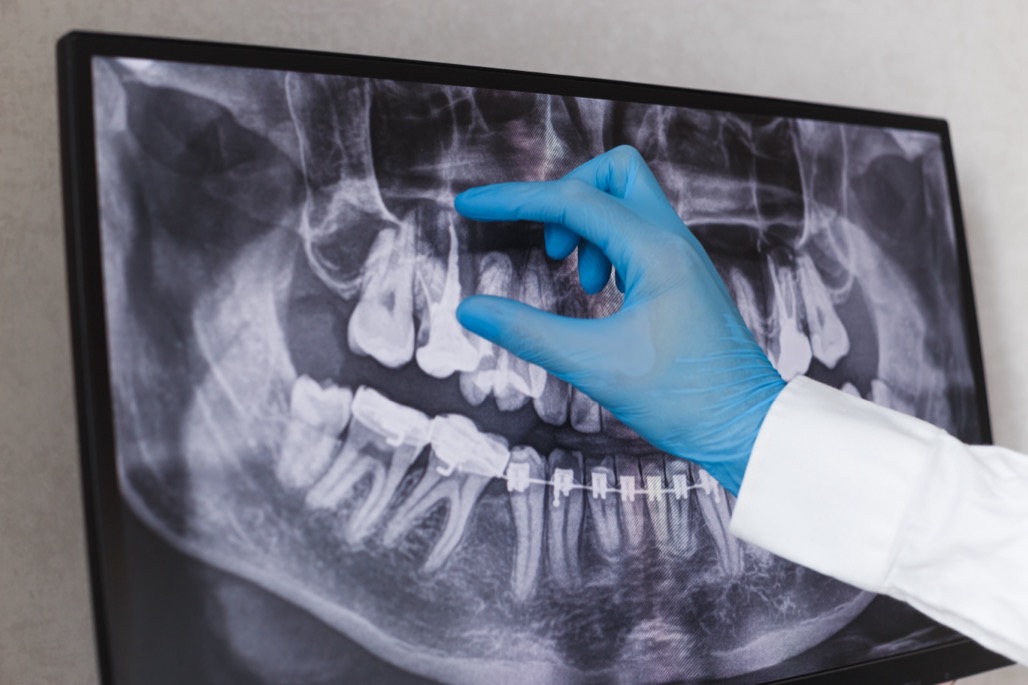
Apicoectomy Treatment in Clinton
Apicoectomy Treatment
An apicoectomy also known as a root-end resection is a minor dental
surgery that removes the tip of your tooth’s root also known as the
apex.
An apicoectomy procedure is usually performed by an endodontist to
save your tooth in cases where the conventional root canal treatment is
not applicable or was already done. The procedure can also be done
immediately after a root canal treatment to fix the root.
Apicoectomy Vs Root Canal
Conventional root canal treatment targets infections within the pulp
of your tooth. The pulp plays host to blood vessels, nerves, and
connective tissue. The pulp may become inflamed or damaged by decay,
injury, or other reasons.
Apicoectomy targets your tooth’s root tip and removes the infected
part. The treatment usually leaves other parts of your root untouched.
Not every case is suitable for an apicoectomy. Your endodontist will
discuss this with you before deciding on the procedure.
If your endodontist tells you that you need an apicoectomy it is
likely that you had a failed root canal procedure.
Other reasons why you may need an apicoectomy include;
-
You have a root that has a hole
-
You fractured your tooth and damaged the root
-
You have bone loss that may cause your teeth to become
loose -
You have calcium deposits in the root canal
-
You have pain but the problem isn’t detectable via an
X-ray -
You have a tooth that has extra roots that can’t be treated any
other way
How an apicoectomy treatment is done
An apicoectomy treatment uses a surgical approach. Your endodontist
first makes images of your teeth, jaw, and surrounding tissue. An X-ray
will show the potential causes of your pain.
Your endodontist will then numb the area and make a small cut on the
gum to access the root and remove a few millimeters of the affected
tip.
After removing the infected root tip, your endodontist will clean the
area using -of-the-art technology equipment. A filling material is
then used to seal the root to prevent future infection.
To ensure the success of the procedure, your endodontist may take
another X-ray. If all looks well, the cut is stitched to allow your root
and gum to heal.
The procedure is a little invasive so you can expect some discomfort
for a few days. Your endodontist may prescribe antibiotics and
anti-inflammatory drugs to manage infection and pain.
If you are experiencing pain in a tooth that already received a root
canal treatment, you may need an apicoectomy. Discuss your concerns with
us today.


